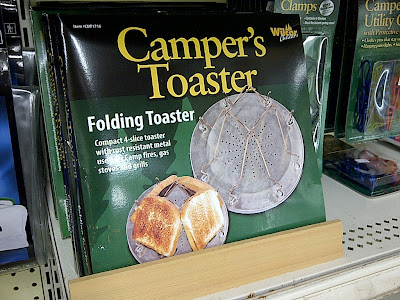I'm beginning to like you
So you probably won't get
What I'm going to do
I'm walking away from you
It probably don't make
No sense to you
But I'm trying to save you
From all of the things that
I'll probably say or do.
This is a peculiar song. Of course, most songs by the White Stripes are at least a little peculiar.
But first things first -- I know you can't wait to hear about another one of my Cape Cod bike rides!
I usually stick to the Cape Cod Rail Trail when I'm not on my mountain bike, but one day last month I rode the paved trails in Nickerson State Park, which is in Brewster.
Click here to view a map of the park, with the bike trails clearly designated. (As you'll see, the rail trail connects with the park trails.)
Nickerson, which covers about 1900 acres, is heavily wooded and contains eight of the 300 kettle ponds on Cape Cod (which were formed when the glaciers retreated at the end of the Ice Age about 10,000 years ago).
Here's Ruth Pond, one of the smaller ponds at Nickerson:
I rode about 15 miles while in the park, and another six miles on the rail trail to get to the park from my parking spot and back again. ( The park's bike trails are quite hilly compared to the rail trail.)
There are about 400 campsites in the park. I never went camping as a kid, and I think it's much too late for me to learn how to camp now, although yurt camping looks pretty posh:
Here's a picture of the park store:
It's pretty well-stocked. No beer or wine, unfortunately, and no "Mega Millions" or "Powerball" tickets. Also, they don't take credit cards.
But they've got basic groceries (milk, bread, orange juice, coffee), a good selection of junky snacks, some toys for the kiddies (although heaven help you if you think a kite or a wiffle ball and bat are going to be satisfactory substitutes for video games and a DVD player), and about a dozen brands of insect repellant.
But they've got basic groceries (milk, bread, orange juice, coffee), a good selection of junky snacks, some toys for the kiddies (although heaven help you if you think a kite or a wiffle ball and bat are going to be satisfactory substitutes for video games and a DVD player), and about a dozen brands of insect repellant.
Not to mention some unique specialty items for campers -- like this toaster:
Of course, that toaster wouldn't work without firewood, and the camp store is well-stocked:
"The Friends of Nickerson State Park" were running a fundraising raffle for this kayak:
Back to the song. The lyrics quoted at the beginning of this post may not sound that peculiar. But here's how the song begins:
She was sixteen
And six feet tall
In a crowd of teenagers
Coming out of the zoo
That makes it a horse of a different color, n'est-ce pas? Assuming the singer isn't sixteen or so himself.
Here are a few more lines from the song:
And we might share a kiss
But I feel like I can't go
Through with this
And I bet we could build a home
But I know the right thing for me to do
Is to leave you alone
Doesn't exactly sound like the singer is sixteen, does it? But who knows?
Here's a comment on these lyrics from the website where I got them:
my bf read this song to me. it hurt heaps, but its true. he read them to me and said its what he had to do coz to hurt me was hurting him 10 times more.
The commenter signed the comment "Broken-hearted." Sounds like she was equally broken-brained.
This song is from the last White Stripes studio album, Icky Thump. The title refers to a colloquial expression of surprise used by residents of Lancashire, England. Jack White's second wife, Karen Elson -- now his second ex-wife -- grew up in Lancashire.
Here's "A Martyr For My Love For You":
Here's a link you can use to buy the song from Amazon:





























